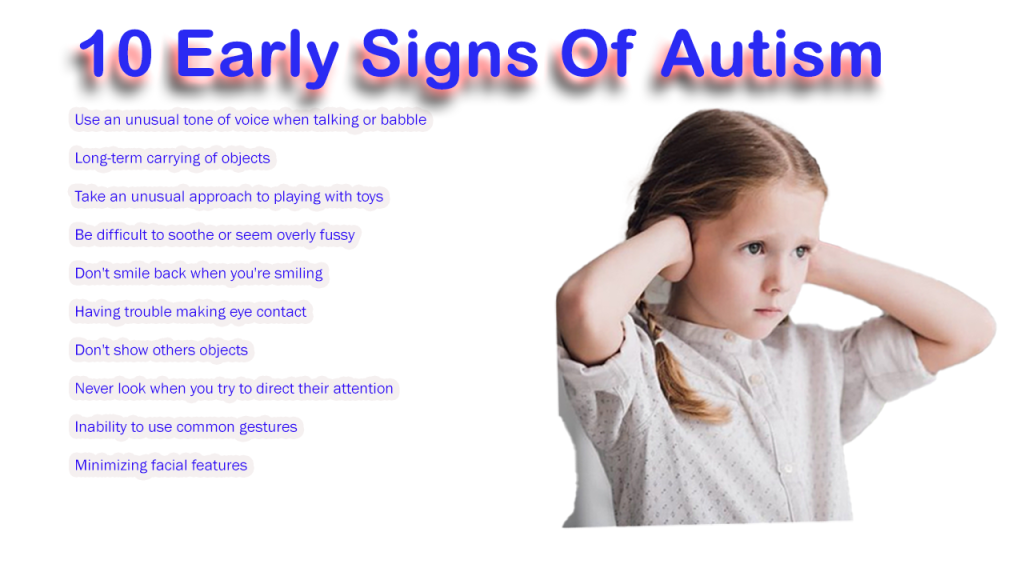Autism Spectrum Disorder National Institute Of Psychological Wellness Nimh

- Details about upcoming events-- including conferences, seminars, workshops, talks, webinars, and talks-- funded by NIMH.Offered clinical evidence suggests that there are probably several factors that make a child most likely to have autism, including environmental and hereditary aspects.It's not clear whether this results from much better detection and coverage or an actual increase in the number of instances, or both.The health-care demands of individuals with autism are complicated and need a series of incorporated services, that consist of health and wellness promotion, care and rehabilitation.

About The Acting Nimh Director
Nonetheless, detecting and identifying these problems can help avoid complications and enhance the lifestyle for people with autism. Advancements in recognizing autism, its signs, and comorbidities have enhanced end results for people with autism. Over the last few years, more youngsters with autism have actually gone to school in typical classrooms and taken place to live semi-independently.
Individuals with ASD commonly demonstrate restricted and repetitive interests or patterns of behavior. Autism range disorder (ASD), or autism, is a wide term used to explain a team of neurodevelopmental conditions. Likely a mix of genetic, neurological, and environmental variables go to job, which is the case with numerous psychiatric disorders and conditions. These are just a few instances of the signs and symptoms an individual with autism might experience.So, they're far better able to determine and sustain autistic individuals, which causes much more office check outs and diagnoses-- and a surge in the numbers. We're sustaining study to better understand the complete range of signs that people with autism may experience. However, autistic individuals have higher rates of unmet health-care needs compared to the basic populace. They are additionally more at risk during altruistic emergency situations. A typical obstacle is produced by health-care providers' insufficient understanding and understanding of autism. Pervasive developmental problem, not or else defined (PDD-NOS).
Totally Free Wellness Info
Autism is a developing disorder with signs and symptoms that show up within the first 3 years of life. The word "spectrum" shows that autism appears in various types with varying degrees of intensity. That means that each person with autism experiences their own one-of-a-kind toughness, signs and symptoms, and challenges. A wide variety of interventions, from early childhood years and across the lifetime, can optimize the development, health, health and quality of life of autistic people.
Limited Or Recurring Actions Or Passions
Their symptoms might go unrecognized by doctors, typically resulting in underdiagnosis or misdiagnosis. Obtaining a diagnosis is also harder for autistic grownups, who usually discover to "mask", or hide, their autism signs. Some individuals still utilize the term "Asperger's syndrome," which is generally thought to go to the moderate end https://www.qurtivo.net/autism-asd of autism spectrum condition. There's no other way to avoid autism range problem, however there are treatment alternatives.
Early intervention and treatments can make a huge difference in a person's skills and results later on in life. Kids with Rett disorder usually have actions similar to autism, and professionals used to group it amongst spectrum problems. And now that it's recognized to be caused by a hereditary anomaly, it's no more considered an ASD. As a parent, you're most likely used to trying to find indications that something isn't right-- like a fever or inflamed glands. Yet autism attributes aren't signs that something's incorrect-- rather, they're indications of distinction. And they're signs that your youngster may need some support to handle society's assumptions and needs, which are usually made for neurotypical people. There's a higher prevalence of autism in some hereditary syndromes, like delicate X disorder, Down disorder and tuberous sclerosis. With these syndromes, your kid is autistic yet likewise has a variety of other developmental adjustments. Each syndrome is passed down with the generations in details means-- for example, with one or both birth parents. Yet the enhancing occurrence is likely because healthcare providers have far better expertise and resources than in the past.